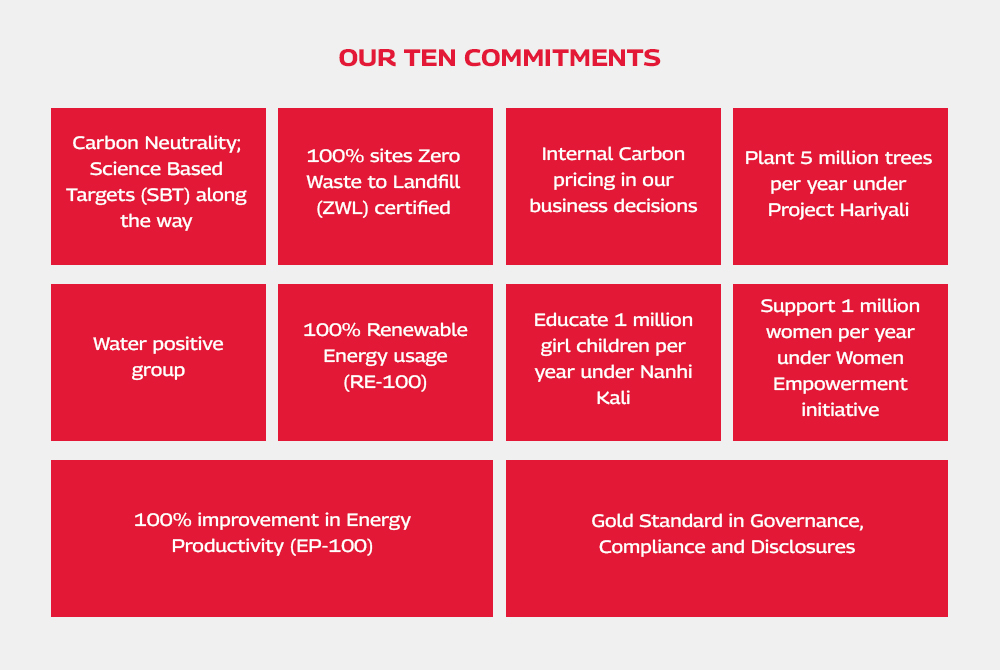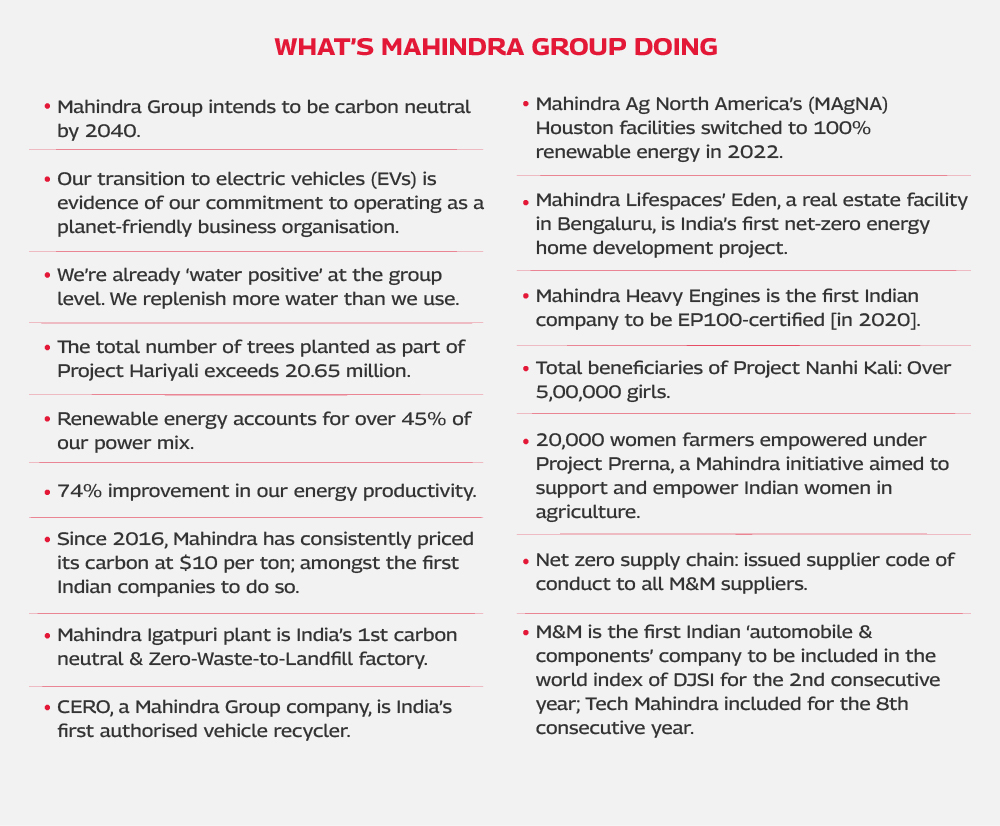Who bears the ‘cost’ of damage to the environment?
The summer heat waves parched all of Europe that year. Record-breaking storms and wildfires ravaged the Americas. Unseasonal rains, cyclones and landslides defaced parts of Asia, while devastating floods swamped Africa.
And to top it off, a pandemic raged across the globe, leaving many dead in its wake. The year was 2020 – a difficult year for the human race.
As per a report by UN Office for Disaster Risk Reduction (UNDRR), 2020 was the hottest recorded year – with 389 environmental disasters, 98.4 million affected people, and economic losses amounting to $171.3 billion. While Covid-19's human encounter remains a mystery, all the other events are consequential to the excesses of mankind.
It is obvious that the cause of all recent natural disasters worldwide is climate change. And humans, to a large extent, are responsible for it. Few species, that we cohabit with on this planet, defile it as much as humans do.

The ‘cost’ of damage to environment, to a large extent, is borne by the poor and underprivileged sections of our population. Climate-related disasters push the poor into extreme poverty. They foment social misery, which leads to an unequal world. If we are to leave behind a habitable planet for our children and grandchildren, we will have to embark on a long and arduous ‘climate action’ journey.

What does being planet-positive mean?
Being planet-positive, in simple terms, means giving back to the planet more than what we take from it. When a business group sets out on the path to becoming planet-positive, the idea gradually gets ingrained in the minds of all its people.
Slowly but steadily, the business seeks to define success in phrases or usages that go beyond monetary or financial jargons. That probably is the reason why well-managed businesses talk about ‘quadruple bottom lines’, consisting of purpose, planet, people, and profit.
The Sustainability opportunity
Sustainability is a two-pronged business opportunity. Firstly, environment-friendly corporations can expand into newmarkets at a much faster pace than the ones that are perceptibly not. A dated McKinsey Quarterly note reveals that a strong ESG proposition helps companies to secure access, approvals, subsidies, and licenses from governments – offering fresh opportunities for growth.
Sustainable business operations result in cost reductions, and because sustainability involves investing for a longer time frame, capital is allocated rather optimally. This helps businesses to ring in better RoEs. At Mahindra, we are already seeing the benefits of running a sustainable operation.
Secondly, organisations should view sustainability as the biggest ‘investment opportunity’ of our times. Businesses solve problems or offer solutions to problems – and in turn get paid for their products or services. Making the globe more equitable or leaving the earth cleaner for the next generations of humanity is the best economic opportunity there is.
How is Mahindra recognising this opportunity?
Mahindra recognises this opportunity perfectly well. We made this transition in the auto sector by adopting EVs as our product for the future. We are quite hopeful of making a positive change with our ‘Born EV’ line-up of eSUVs.
Mahindra Last Mile Mobility, our electric three-wheeler company, has completed nearly 100 crore ‘clean kilometres’ (the distance a vehicle travels on non-polluting fuel is referred to as 'clean kilometres’). Renewable energy accounts for over 45% of our power mix now, and we have also built a portfolio of solar businesses (Mahindra Susten) to scale up our renewable energy production with more than 1.6GWp of capacity. With Mahindra Accelo and Cero, we are at the forefront of sustainable automobile recycling in India.
What more can be done?
The curse of sustainability conversations is that they invariably hover around renewable energy and urban electric mobility. The discourse should now move to areas such as sustainable construction, sustainable commercial logistics, sustainable agriculture, and decarbonizing supply chains. Technology is at the heart of planet-positive. Therefore, we should talk about scalable homegrown green tech and solutions that can be cost-engineered to whip up demand from the customer-end. We should also be aware of newer (green) technologies and approaches that are sprouting across the world.
Mahindra Group’s climate journey, which began in 2008, has been truly rewarding. The businesses are growing, and our revenue streams are expanding with renewed vigour. Above all, we aspire to be carbon neutral by 2040, and our larger goal is to remain a ‘planet-positive’ business group forever.
Being planet-positive is not an option anymore; it is our only chance to save humanity. Business houses will have to adopt pro-green and pro-climate measures if they desire to live long. Last of all, a greener and cleaner planet may also improve the lives of many millions who are mired in abject poverty and social misery. And that would be a good starting point for a more equal world.
You can also share your thoughts in the Comments section below!




